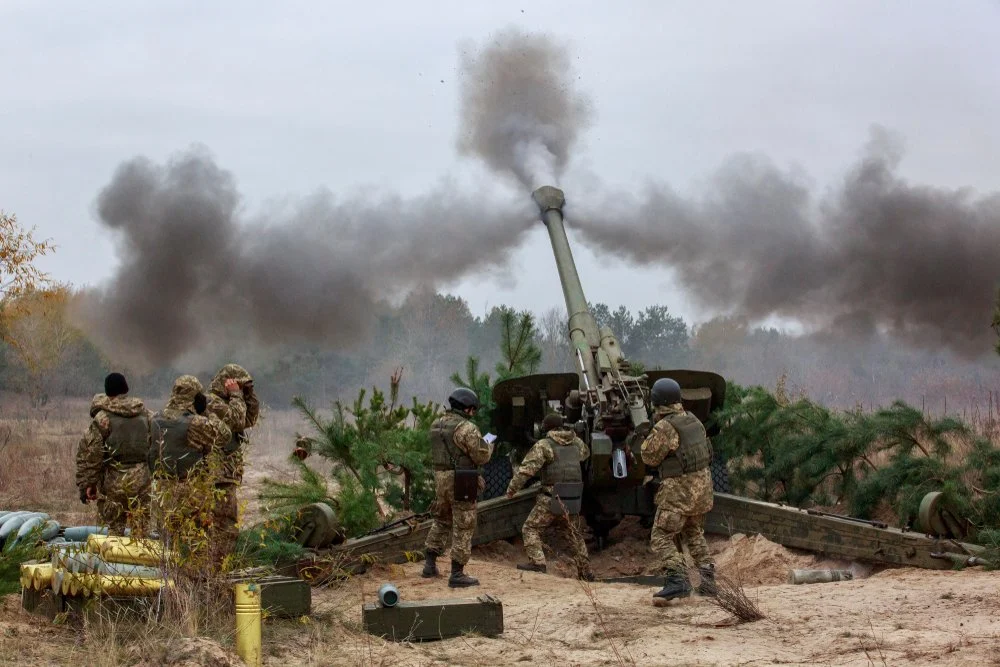The West’s “Too Little Too Late” Collective Security





It’s time to move beyond the question of whether the United States is, or should be, in a cold war with China, for China’s cold war with the United States is well underway. In fact, China’s multi-pronged “struggle” against America and the Free World has hot war dimensions. In the varied research areas of human rights and international institutions, cyber and information domains, military strategy, and global economics, analysts use words in common to describe China’s behavior. In collectively pointing to China’s coercion, aggression, deception, violations, threats, and attacks, they portray the Chinese Communist Party’s (CCP) domestic, regional, and global policies as definitively hostile.

In this economically integrated world, in which goods traverse continents in a day and ideas in an instant, globalism is here to stay. But the globalism to which the United States and Europe have signed on must be rethought. For, while worldwide trade, engagement, and collaboration have contributed to global prosperity and scientific progress, the free world has become more vulnerable to predations of hostile powers. Globalists have justified generous commercial deals and enabling strategic compromises with brutal and aggressive regimes as only befitting an enlightened world that accepts cultural and political differences. In so doing, they allowed the deterrent posture and human rights stance of America and its allies to deteriorate.

Dangerous illusions buy China time and cover for the execution of President Xi Jinping’s multi-faceted plan for global domination. China has already made such progress; the China threat is now so great that the Free World cannot afford dalliance, wishful thinking, or repose. U.S. efforts to keep communication channels with Chinese leaders open make sense, but optimism regarding the fruits of engagement and diplomacy with China is not warranted.

One could be forgiven for throwing up hands in despair at the multitude, severity, complexity, and convergence of threats the United States and its allies now face. From China, Russia, and Iran striving together to subvert the world order, to the worldwide rise of authoritarianism, human rights abuses and religious persecution, to fast-growing nuclear and missile threats, to a deluge of propaganda targeting the West, challenges to the Free World are formidable. Add to all this the malign acts and actors in the domains of cyber, energy, and space, along with the menace of transnational terrorism and trafficking, and the picture becomes more concerning. Renewed great power rivalry, heightened grey zone warfare, and escalating hostilities and atrocities in global hotspots call for a resolute, principled, and wise American foreign policy.

In his momentous trip to Europe that included a surprise visit to Ukraine and a heralded speech in Poland, President Joe Biden proclaimed “unwavering” support for Ukraine and avowed Russia would “never” win the war. But the truth is that “wavering” has characterized the Biden administration’s approach to Ukraine to date. Moral and strategic prevarication have delimited the U.S. response to Russian genocide and conquest in the heart of Europe. Military aid to Ukraine has been incremental and plodding, while statecraft and oratory to address the terrible atrocities and the threat to freedom itself have been scarce and inadequate.

This is a pivotal time not just for those yearning and fighting for freedom, but also for those who have the freedom others long for. There is, on the one hand, the worldwide rise of authoritarianism and the routinization of human rights abuses, leading to an epidemic of oppression and suffering. On the other hand, Ukraine’s courageous resistance to Russia’s genocidal war, and brave protests in Iran, China, Cuba and other hotspots show that brutality does not destroy the human spirit.

Credibility
The overarching deficit in U.S.-China policy is our lack of credibility as a champion, never mind the leading champion, of freedom. Post-World War II American foreign policy wasn’t perfect, but it was morally, strategically, and militarily convincing. Reeling from the horrors and devastation of fascism and “total war” and faced with Soviet atrocities and conquests, the United States resolved to stop expansionist aggression in its tracks and counter extremist ideologies with ideas of political liberty and human worth.